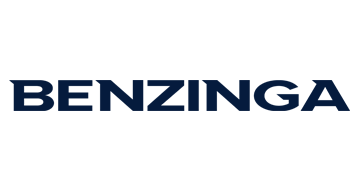
| Starting Price | $27/Month |
|---|---|
| Pricing Model | Subscriber based |
| Free Trial | Yes |
| Free Version | No |
Streamline your business operations and increase your productivity with the best business management software solutions. Support your team, optimize workflows and gain valuable insights to drive growth and success.
Find the best value tool on SaasGenius.
Explore our curated list of the best business management software solutions that deliver exceptional value and functionality. Our top picks are industry-leading solutions that can revolutionize the way you manage your business.

| Starting Price | $27/Month |
|---|---|
| Pricing Model | Subscriber based |
| Free Trial | Yes |
| Free Version | No |
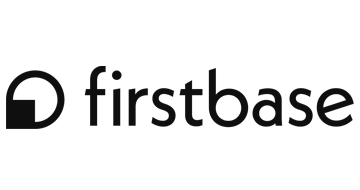
| Starting Price | $399 |
|---|---|
| Pricing Model | One-time Cost |
| Free Trial | No |
| Free Version | No |

| Starting Price | $39/month (sales tax excluded) |
|---|---|
| Pricing Model | Subscriber based |
| Free Trial | No |
| Free Version | No |
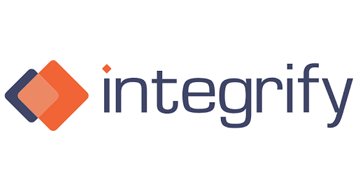
| Starting Price | Contact for price |
|---|---|
| Pricing Model | Quotation based |
| Free Trial | Yes |
| Free Version | No |
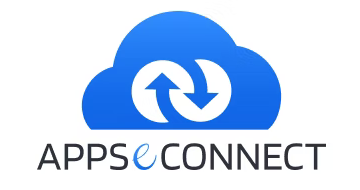
| Starting Price | $129/month |
|---|---|
| Pricing Model | Subscriber based |
| Free Trial | Yes |
| Free Version | No |
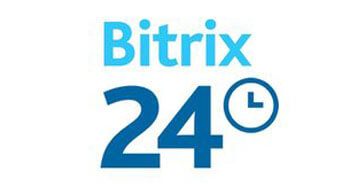
| Starting Price | $49/mo |
|---|---|
| Pricing Model | Per Team |
| Free Trial | 30-days |
| Free Version | Yes |
Business management software helps businesses manage their day-to-day operations. It can include accounting, inventory management, human resources, and project management functions.
Users may install the software on a local or cloud-based server, or access it through a web browser. The most common business management software tools are accounting software, CRM (customer relationship management), and ERP (enterprise resource planning) systems.
Businesses use these systems to automate their daily operations, such as payroll processing and inventory tracking. These tools make it easier for companies to manage their finances and projects while reducing their time on administrative tasks like data entry and manual record keeping.
A growing number of companies are adopting cloud-based business management systems because they offer several advantages over on-site solutions: scalability, accessibility, and lower ownership costs.
We use a comprehensive assessment methodology to evaluate and rank business management software. Our evaluation takes into account factors such as functionality, ease of use, customer support and value for money. Each software is given an individual score, called a Genius Score, which ranges from 0 to 100 to allow for accurate evaluation. You can learn more about our rating method and the Genius Score on our dedicated page.
A business management software system is a comprehensive solution that allows companies to manage their processes and data under one umbrella. Many businesses use multiple software solutions to manage different aspects of their operations.
However, an integrated business management solution allows them to streamline processes and access all their information from one location. Businesses are increasingly looking for quality business management software to help them automate and manage their business’s daily tasks. Here is a basic breakdown of what the software can do:
At the heart of any business management software is the ability to help you manage your employees. The best systems will give you a clearer picture of who is doing what and provide more accurate information about their performance. This means that when it comes time to make decisions about hiring, firing, or promoting, you have all the facts needed to make an informed choice.
Users can do this in two ways: manually via timesheets or with automatic tracking using wristwatches or other wearable devices that record how long someone works each day. Automatic tracking is becoming more common as companies become more interested in knowing how long their employees are working each day and how much time they spend on certain tasks.
Financial management is another important feature of business management software. This functionality allows you to keep track of your income and expenses and generate reports and make forecasts based on this data. Some solutions also allow users to prepare invoices and send them directly via email or fax within the application.
Creating quotations is another important feature found in many business management software solutions. It allows users to create quotes based on specific requirements or templates, which takes much less time than creating quotes manually every time you need one. Many solutions also allow users to keep track of all quotes created over time to easily compare different offers received from different vendors at any given moment in time.
A business management solution is an application used by businesses for accounting, payroll, inventory, and other management functions. It helps in managing their daily operations and workflows easily.
The main features of business management solution are as follows:
The first feature is data management. Most business management software comes with a data backup and recovery system so that if a disaster happens, all your data will be safe. The best thing about this feature is that it is available for large companies and small businesses.
This feature allows you to get insights into your company’s performance by using reports based on your financial data. You can use these reports to make better decisions about marketing and sales. The reports are very helpful if you want to know your company’s financial situation in the past few months or years.
Accounting is one of the most important activities for any organization. Business management software makes it easier for businesses to manage their accounting processes with automation features like auto-recording, reconciling transactions, generating reports, and more.
You can also take advantage of the latest technologies. If your company uses a cloud computing business management solution, for example, then having this software will allow you to access all the information stored in the cloud from anywhere in the world.
There are many other benefits of using a business management solution. It lets you:
Using business management software can help you organize your business, even if you’re a small company. You may forget things or lose track of where you are with them, but the software will always be there and will remind you.
For example, it can keep track of the clients’ calls and their feedback so that you don’t have to remember everything yourself. If there are any problems with the clients’ orders, the system will notify you and let you know what to do next.
Another benefit of using business management software is that it allows for effective data management. As a result, this enables you to manage and control your business’ data without worrying about things like security breaches and corruption. It also ensures that all your files are organized properly and easily accessed in real-time, and updated whenever necessary.
While it may seem counterintuitive, adding one extra task to your day will help increase your productivity and free up time for other important tasks.
By streamlining certain processes, you can make doing them easier and faster than you could have before. This also frees up more time for you to focus on other important tasks that need your attention, or projects that need completion.
Small, medium and large-sized companies should seriously consider using business management software to help them manage their company. Business management software can help with everything from accounting to inventory and human resources and sales.
After all, it’s not just for big companies with hundreds of employees. It is also for small companies with only a few employees who want better control over their finances and workflow processes. Software can help them achieve this without hiring someone else to do it manually.
It will also limit the time people spend using spreadsheets or other methods, rather than doing important tasks like making sales.
Business management software costs vary according to the software, the number of users, and the level of support. Here are some specific price levels for popular business management software categories:
This is a common pricing model for enterprise-level systems. It’s also used for smaller systems with fewer users. The cost per user varies by the size of your company and whether you’re getting enterprise-level support or not.
This is another common pricing model if you don’t need enterprise-level support but prefer volume discounts.